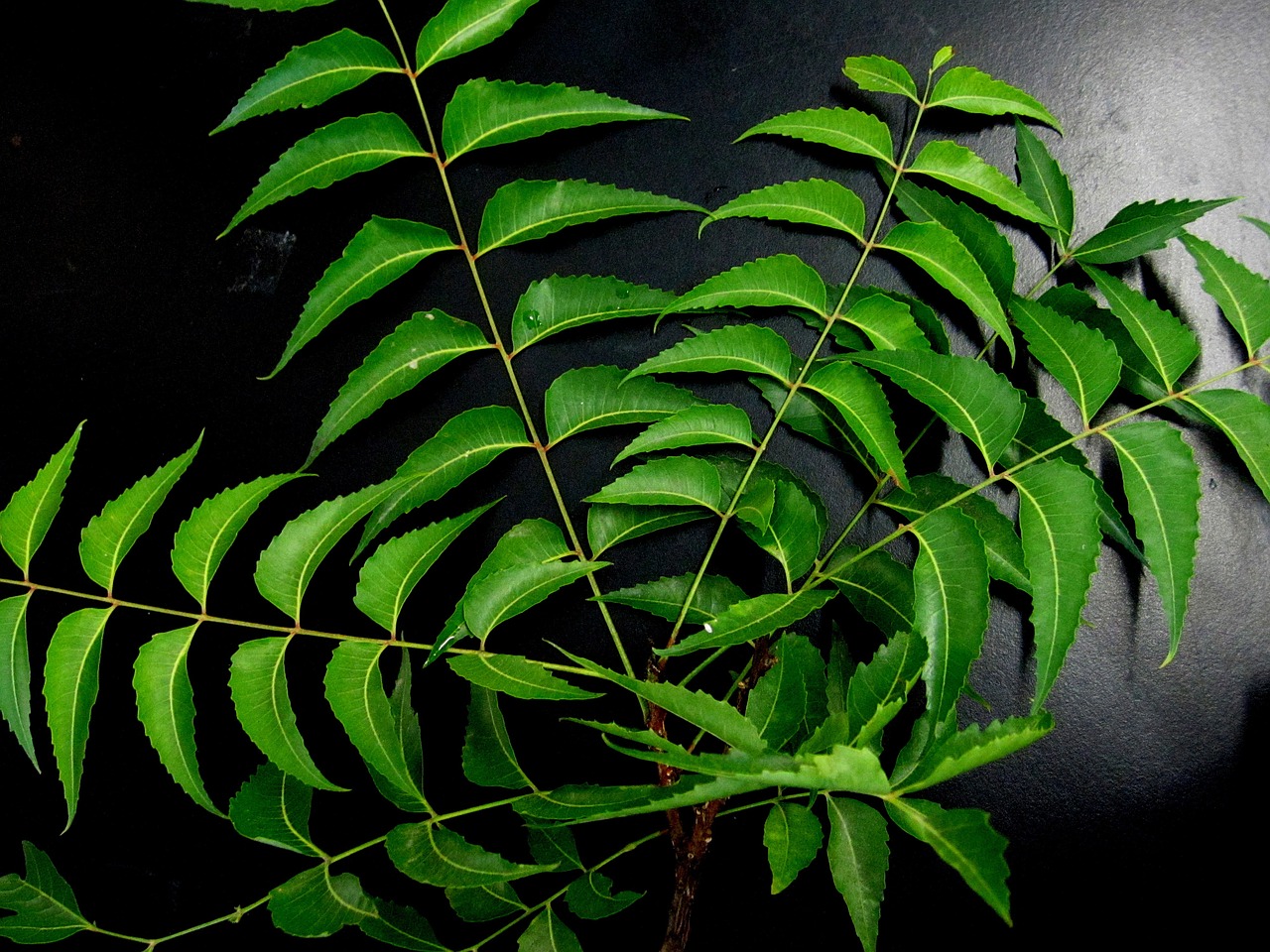
Study Rings Alarm Bell on Hypertension
- News
- 1.6K
A new study has found that hypertension, which is responsible for heart attack, heart failure, stroke, and many other life-threatening diseases, is rapidly increasing in India, with almost one in every three Indian adults (30 percent) affected by the condition.
The study, which analyzed blood pressure data of more than 1.8 lakh persons over the age of 18, found that only 45% of the youth in the age group of 18-19 had normal blood pressure and that hypertension cases were highest among people between 20 and 44.
The study was conducted by researchers from All India Institute of Medical Sciences (AIIMS), New Delhi, Mother Hospital in Thrissur, Kerala and Fortis Escorts Health Institute in New Delhi. They have published a report on their study in the Indian Heart Journal.
They collected the data from blood pressure screening camps held by the Cardiological Society of India simultaneously in 24 states and union territories on September 21, 2015. The blood pressure was measured using automated oscillometer machines.
“There is currently a limited understanding of the nation-wide prevalence of the problem of high blood pressure. High blood pressure is the most common risk factor for heart ailments. It can lead to heart attacks, heart failure, stroke, and many other debilitating illnesses.
Treating these illnesses account for a significant portion of our health expenditure. Prevention and management of high blood pressure can avert these harmful consequences”, said Dr. S. Ramakrishnan, lead researcher from AIIMS, New Delhi, while speaking to India Science Wire.
It is estimated that about 17.6 percent of the world’s hypertensive patients live in India, which may increase the burden of heart diseases in the near future. Prior studies have found heart diseases to be responsible for 23 percent of the total deaths of people under 70 in developed countries. This figure in India is 52 percent, which is more than double.
“Blood pressure measurements should be made part of routine clinical care. We need to increase the awareness that high blood pressure can affect young people as well. Appropriate prevention measures like regular exercise and limiting body weight and salt consumption should be advocated”, researchers said.
Apart from Dr. Ramakrishnan, the team included Kartik Gupta from AIIMS, New Delhi, Geevar Zachariah from Mother Hospital, Kerala and Ashok Seth from Fortis Escorts Health Institute, Delhi. (ISW)
If you liked this article, then please subscribe to our YouTube Channel for the latest Science & Tech news. You can also find us on Twitter & Facebook.


